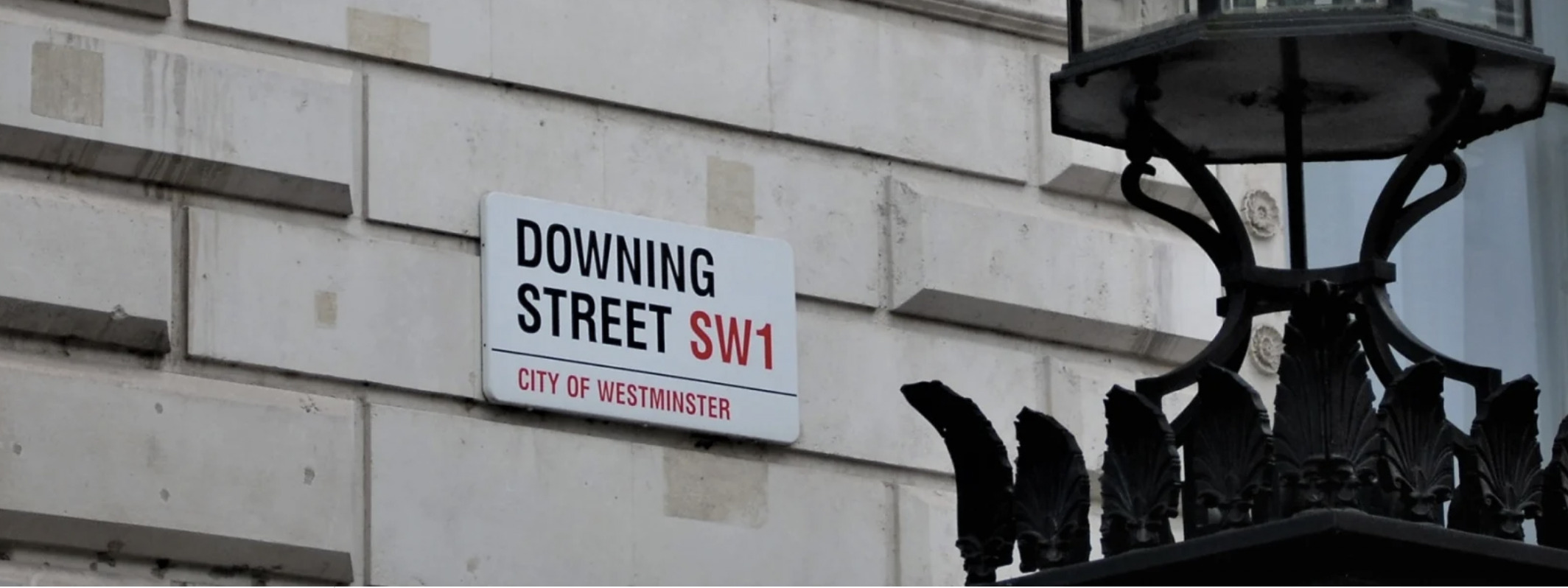Brexit
Coinciding with the Queen’s Speech in May, Mr Sunak promised, if elected, he would appoint a Brexit minister to go through the remaining 2,400 EU laws still on the statute book, focusing specifically on scrapping regulations on financial services. The new PM intends to cut the “red tape in the financial sector” and trigger growth similar to that seen in the 1980s.
Should new opportunities arise, SMEs may require upfront deposits or capital at the ready. Whether tendering for contracts that could take your business to the next level or building the technology you need for better performance, you might need to secure funds beforehand.
Short-term business loans, such as revolving credit facilities, can be accessed quickly and with minimal fuss. If you know what you need to do in the short run (and how finance can help you reach that goal), a short-term growth loan based on your turnover and revenue could be the right solution.
Business rates
Speaking at an event in Darlington on August 12th, the new Prime Minister pledged to extend the current 50% business rates reduction in his first Budget. He said that small retailers are the “beating hearts of all our communities” and vowed that supporting high streets would be at the “very top of my mind” should he win the race.
If your business is already suffering from the business rates tax, you might consider freeing up some of the capital in your premises, effectively ensuring that the property pays for itself through asset refinancing, pledging the property as an ‘asset’ to secure a loan, with the property becoming collateral.
Once the principal amount and any fees and interest are repaid, ownership of the asset is returned free and clear. Buildings, land, unsold stock, plant machinery and equipment can all be used in asset finance. Because the loan is secured by collateral, costs are typically lower than other types of business finance.
Corporation Tax
As Chancellor, Sunak pledged a rise in corporation tax from 2023. Climbing from 19% to 25%, the proposed increase will be a bid by Mr Sunak to “boost business investment” and “improve the country’s weak economic growth prospects”.
With January fast approaching, and with it, the taxman, businesses who aren’t aware of their funding options will suffer the most. We all know paying off tax bills takes a considerable chunk out of your coffers, and it’s never something business owners look forward to.
However, it’s essential to manage these payments year-on-year (or quarter-on-quarter) whilst maintaining a comfortable level of working capital to keep your business ticking over. A tax loan can help you spread the cost of your obligations to HMRC into affordable monthly payments.
Covid-19 Recovery Schemes
As Chancellor, Rishi Sunak oversaw the country’s finances throughout the pandemic and was the man behind many COVID-19 support loans. He was also instrumental in extending the state-backed Recovery Loan Scheme by a further two years.
However, for business owners looking into recovery schemes, there are, in many cases, better lending products that offer more choice and control compared with the RLS.
Businesses may be able to borrow more than they would through the scheme and might also benefit from better interest rates. What’s more, there’s a much broader selection of non-RLS product choices out there to choose from.
Check out our business loans guide for more information.
_____
Read the full article here.


